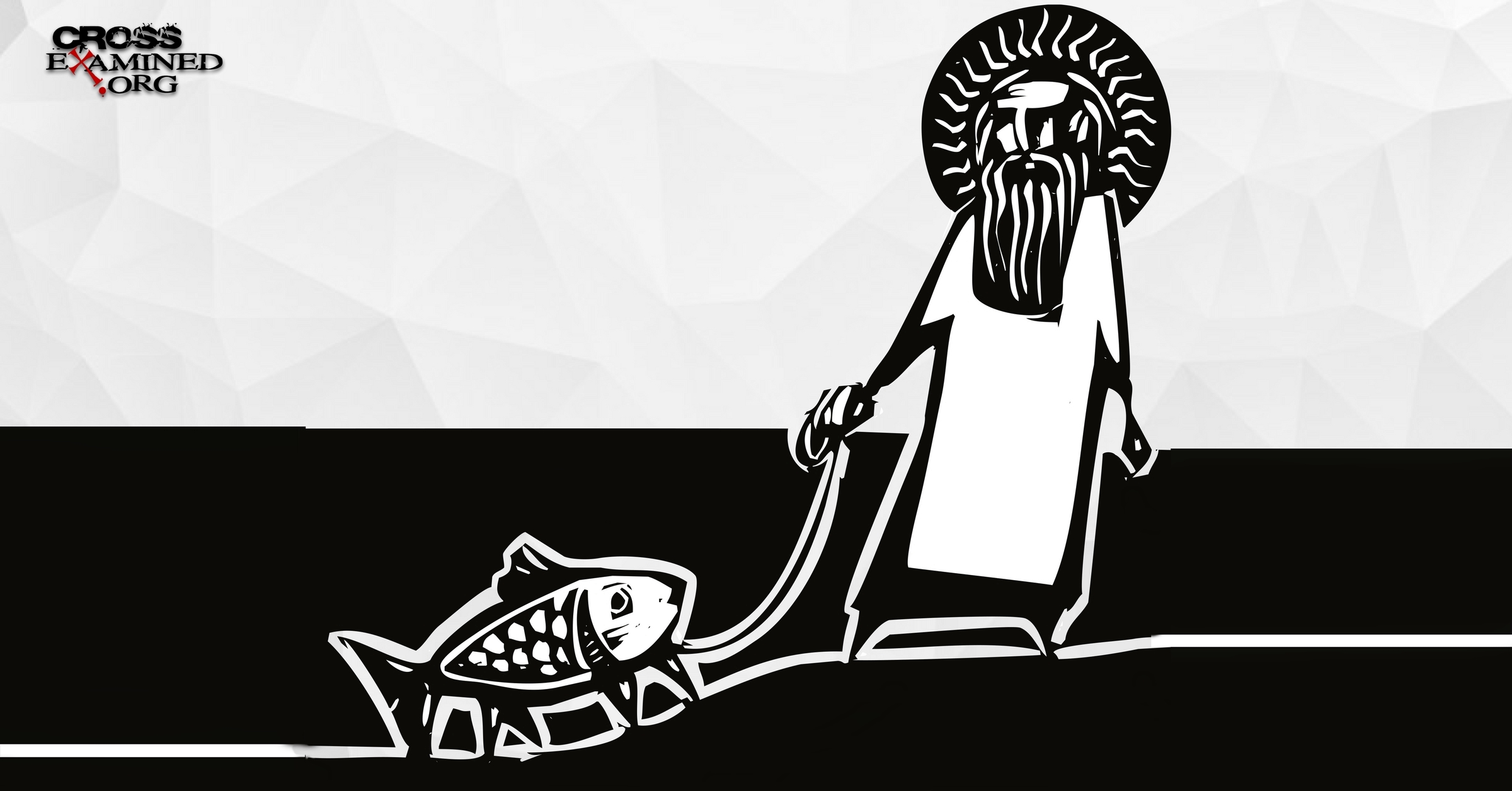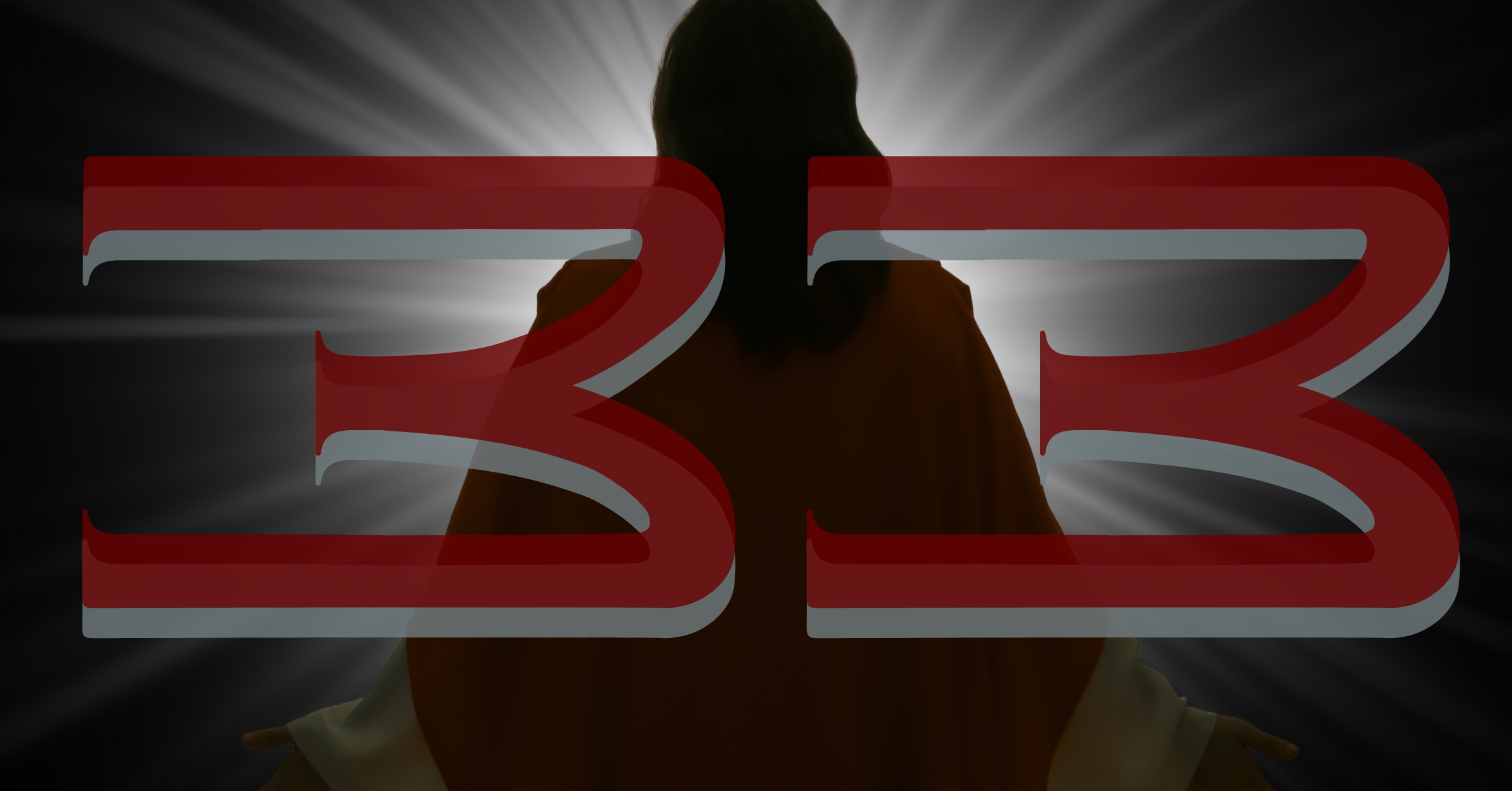Don’t Panic: A Step by Step Approach to Teaching Kids About God
It never fails. When churched kids hit a certain age, I get panicked messages from parents. They usually start with, “We’re a Christian family, but my son doesn’t want to go to church anymore. He doesn’t believe in God.” Or, “I assumed my daughter was pro-life but she just told me women have the right to choose. How can this be when we are a pro-life family?”
These messages never come when the child is 8 or 9. I never hear about an 11 year old struggling to believe whether or not the Bible is true. I’m not saying it doesn’t happen, I’m just saying this isn’t the age where parents start to panic.
It’s usually around the time our kids are well into their teenage years that parents begin to notice our kids aren’t on board with the whole God, Jesus, and the Bible stuff. Why does it take so long to realize this? There are two main factors. First, we assume that because our kids go to church, they are adopting the beliefs of Christianity. Second, most parents aren’t being discipled, so it’s impossible to catch the discrepancies in the worldview our child actually has compared to a biblical worldview until something big happens – like the approval of abortion or a blatant disbelief in God.
This is where parents hit the panic button.
Is there hope for parents whose teenagers are about to walk away from Christianity? The good news: as long as we have Christ there is always hope. The reality: it’s not going to be as easy in the teen years as it would have been to teach them when they were younger. It will take diligence, and if diligence is what’s been missing all along, be diligent now.
The question is, what does diligent teaching look like in the 21st century?
Learning is a layered process.That means we must transfer knowledge strategically, layer by layer. There has to be a foundation laid and basic knowledge taught before anyone can understand larger concepts. This goes for students of any age. If we skip the foundation, there will be a gap in knowledge. In Christianity, the gap in knowledge is evident when Christians lack a biblical worldview. By the time parents hear their kids expressing a disbelief in God, the gap is already there and it’s likely because they skipped the foundational stage.
So, let’s discuss the three basic stages in the layered process of learning, no matter how old your kids are. Keep in mind that there are recommended age groups to begin each stage, but if you are just beginning to disciple your kids, this is the process from beginning to end.
The good news is that you can always begin at any stage, depending on where you left off. And if you have been doing this all along, keep plugging away knowing that in due time you will reap a harvest (Gal 6:9).
Foundational stage: God’s Word (suggested age – birth to primary)
The path to a biblical worldview begins with biblical literacy. The Bible talks about the word of God as the foundation on which to build (Matt 7:24-27). It also refers to the word of God as spiritual food. It is a necessity of life that all who follow the Lord must implement into their daily walk. But we can’t expect our kids to do this without help.
The approach we take to teaching our children is important because how we present the word of God will determine how they view the word of God. Is it important to you? Then it will be important to them. Do you believe it is the infallible word of God? Then they will too. If you present it as stories instead of historical narratives, then they will view it as a fictional story thrown into their bedtime routine. The language we use when we talk to our kids about God and His word matters. So present the word as a necessity, not as an option.
Connection Stage: God’s World (suggested age – adolescent to preteen)
When we teach apologetics to Christians, we must take a different approach than when we use apologetics to defend our faith with a secular audience. Middle schoolers must begin to make the connection that God’s word and God’s world are not in conflict. We will only be successful at adding this layer to our children’s learning if we laid the foundation of biblical literacy during the first stage.
What happens if we didn’t? The good news is that we can start now. Weave biblical truths into your instruction so that the apologetics concepts are tethered to Scripture. For example, kids need to know God’s nature of goodness in order to understand why He is the moral law-giver. Do a study on God’s attributes before you study the apologetics arguments. This will help fill-in the biblical literacy gaps missed in stage one. Just remember – saturate them with the word of God in every stage, not just the first stage. The word of God is at the core of Christian education.
It’s imperative that we ensure our middle schoolers see how God’s word and God’s world connect. Scientific evidence that points to God’s existence supported by biblical truths accomplishes this. This is where the Cosmological and Design Arguments come in handy. If we don’t help middle schoolers connect the word with the world, it’s likely they’re already questioning the validity of one and where they fit into the other.
Action Stage: Live God’s word in God’s world (suggested age – teens to adult)
How we view the world affects how we live. At this stage, it is important to help your teens make the connection between the word of God and how it applies to the issues of life. In other words, get comfortable with having uncomfortable conversations.
It is the goal to get them to this stage with a biblical worldview so that they draw from biblical truths when looking for the answers to life’s questions. Students who have been discipled and understand why there are good reasons to believe Christianity is true will begin to connect knowledge of God and His word to the understanding of God and His word, and live for God by His word. In fact, this is where the evidence of a biblical worldview is seen in the life of our kids. When the knowledge of all they’ve learned leads them to an understanding of it, they are able to live it. And that’s how we know what someone truly believes.
All too often, Christians compartmentalize the Bible and separate it from the real world. We must be willing to bring real world issues into our conversations with our teens. But I caution you not to wait for your teen to come to you. Open the door to hard conversations about gender and sexuality, abortion, co-habitation, and all of the hot-button topics that make parents cringe. Trust me. Once you get used to having hard conversations they won’t be so hard anymore and you will help your teen live the word in the world.
Successful parents have this in common
If you find your kids are older and they’re beyond the first and second stages suggested here, don’t panic. As I said before, as long as Jesus is in the equation there is always hope. However, the stages of teaching a biblical worldview don’t change:
First, lay the foundation of biblical literacy: God’s word.
Next, add the building block of apologetics: God’s world.
Finally, teach them to apply it: live the word in God’s world.
For those parents who are wondering if the opportunity to teach your kids has passed you by, I want to offer some encouragement. You are the most influential person in your child’s life and that will never change. Use that influence to go back and make up the ground you think you’ve lost. Because as I’ve said before, with Christ it is never too late.
It is our job as parents to make sure we do all we can to raise godly men and women. Our culture looks different today than the cultures before us, but the biblical mandate to parents has always been the same. God calls us to be diligent, and parents must answer the call.
Recommended resources related to the topic:
Check Let’s Get Real: Examining the Evidence for God Premium Course: This 12-week PREMIUM COURSE also includes 10 Zoom sessions where your child can ask questions and participate in LIVE discussions with Shanda (and even once with Frank) course commentary, student activity sheets, recommended resources, quizzes, assignments, an apologetics chat group, and free enrolment in the PARENT GUIDE to give you additional questions/activities to discuss with your child, and will help you encourage them to keep up with the course material through answer keys and vocabulary words. Class starts on 2/6 and spots are filling up fast, so be sure to grab your child’s seat in class TODAY!
Proverbs: Making Your Paths Straight Complete 9-part Series by Frank Turek DVD and Download
God’s Crime Scene for Kids by J. Warner Wallace and Susie Wallace (Book)
____________________________________________________________________________________________________________________________________________________
Shanda Fulbright is a credentialed teacher and has a certificate in Christian Apologetics from Biola University, a certificate from the CrossExamined Instructor’s Academy as well as several certificates from Online Christian Courses. She hosts Her Faith Inspires podcast where she takes cultural issues and aligns them to biblical truth. You can read her blogs and find out more about her at shandafulbright.com











